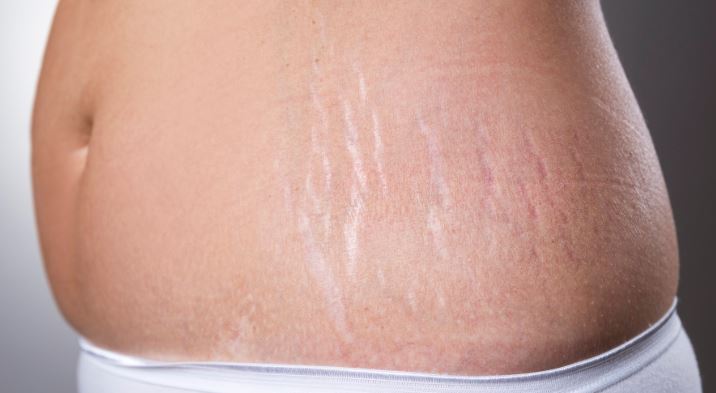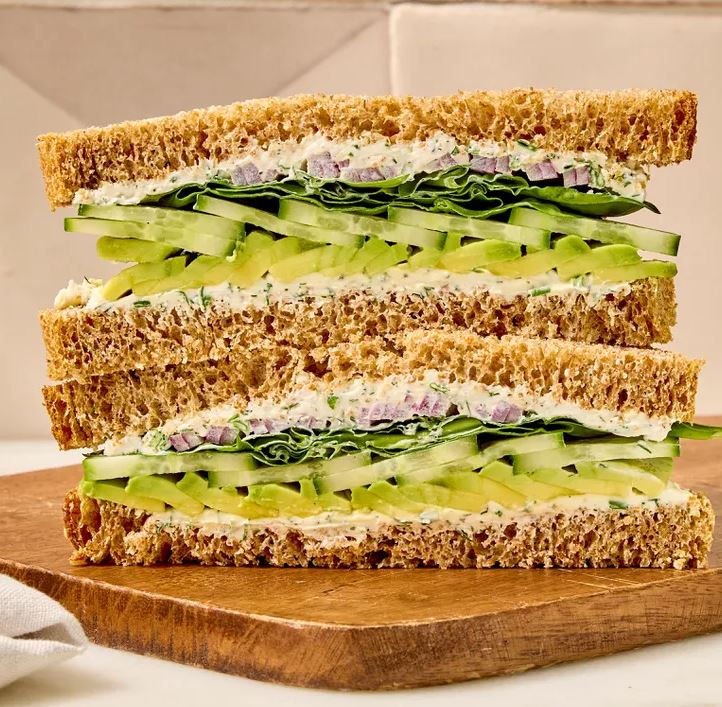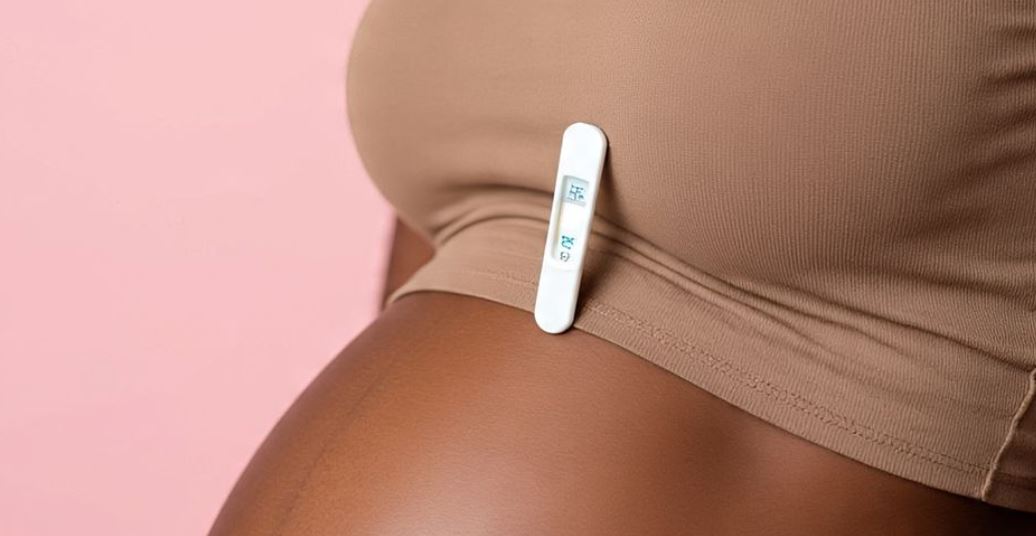Stretch marks are visible lines on the skin surface. They are usually found in the abdominal wall, but can also occur over the thighs, upper arms, buttocks and breasts. Sometimes stretch marks can cover large areas of the body. While pregnancy is the main cause behind stretch marks, other reasons can be sudden gain or loss in weight, rapid growth, and changes in physical conditions. Of course, you will want to get rid of it. Jumia, the online store you can trust, shares ways you can get rid of stretch marks.
Aloe vera
Aloe vera is effective in the treatment of many skin problems. Its healing and soothing properties can be used to get rid of stretch marks. You can directly rub the gel on the affected skin area, leave it on for 15 minutes and then rinse the skin with water.
Keep affected area moisturised
Keep the affected area moisturized. It helps deliver concentrated moisture to stretch marks wherever it is located. Use stretch mark creams a few times daily, especially after bathing and before going to bed.
Coconut oil
Since stretch marks are scarring from skin damage, coconut oil might help heal the appearance quickly. Coconut oil has healing properties and found to reduce the time it takes for skin wounds to heal. Applying coconut oil to your stretch marks each day might take away some of their red appearances.
Vitamin A
Vitamin A is referred to as a retinoid. Retinoids make skin appear more smooth and youthful. They are used in many over-the-counter cosmetic creams. Simply using a that contains vitamin A or taking vitamin A orally, can contribute to your skin’s health and overall appearance. A diet rich in certain foods, such as carrots and sweet potatoes, might also help you increase your vitamin A levels.
Chemical peels
Chemical peels are a more extreme measure to get rid of stretch marks. The procedure requires a visit to a dermatologist. The dermatologist applies a liquid solution that burns the top layer of skin, causing it to blister and peel. This damage stimulates the body to produce more collagen to heal the area and create a new layer of skin.
























